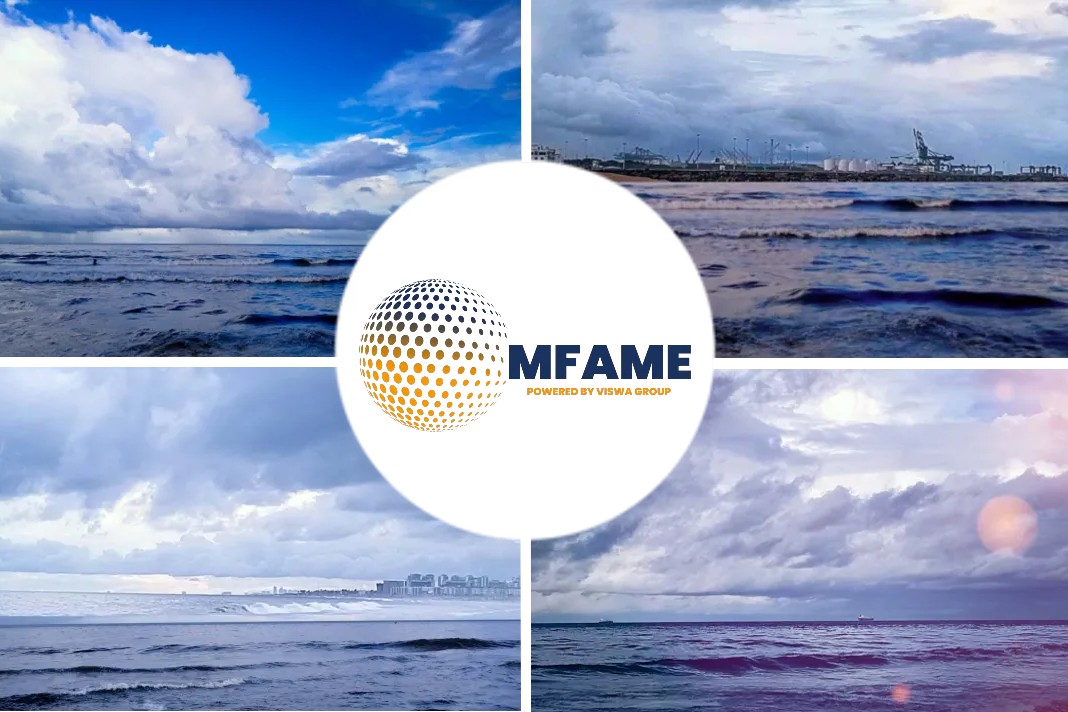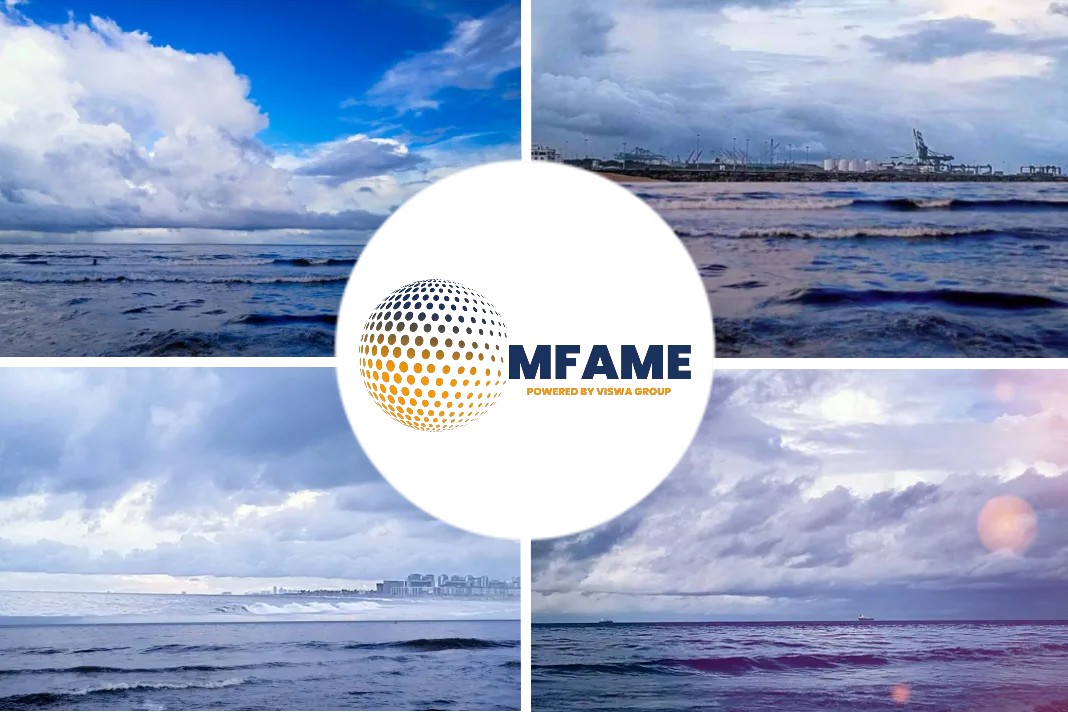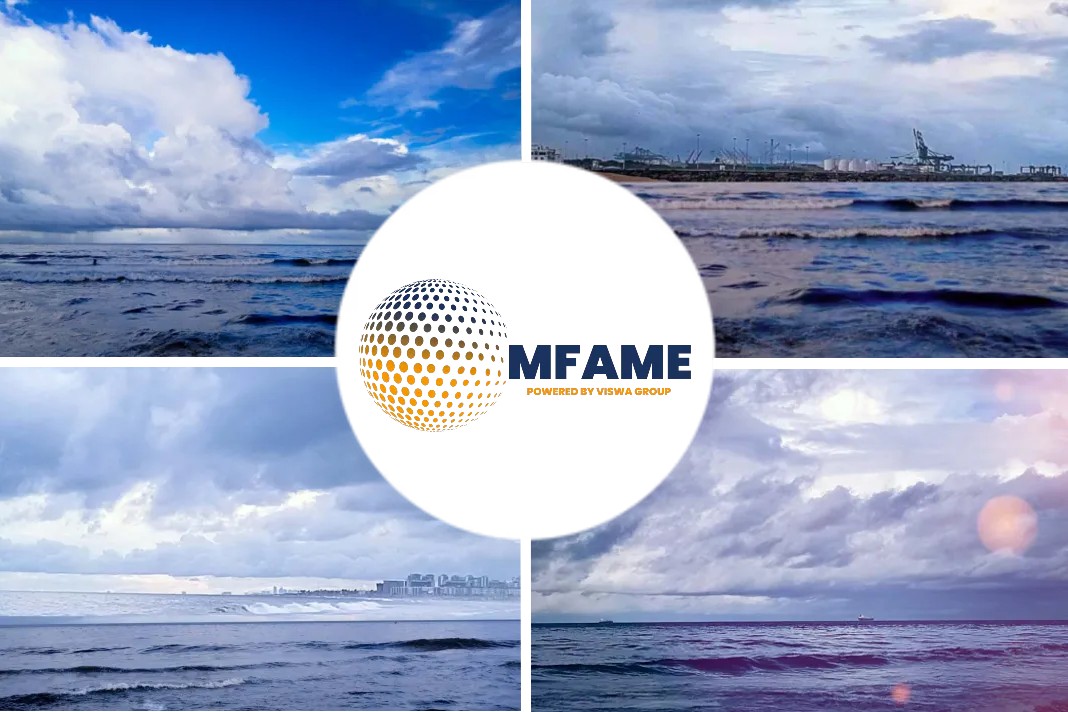According to a Reuters report, China’s Unipec has made replacement bookings for four oil shipments from the Middle East Gulf after the United States imposed sanctions on the tanker subsidiaries of China’s COSCO, three shipping sources said on Thursday.
Unipec Switches To AMCL
The sources said Unipec, the trading arm of Asia’s top oil refiner Sinopec, had switched to other tanker owners including China Merchants-owned AMCL after the designation by Washington on Wednesday of two of state-owned COSCO’s subsidiaries.
Sinopec declined to comment. AMCL’s Hong Kong office could not be reached for comment after office hours. An AMCL executive reached by Reuters declined to comment.
One of the sources said Unipec could seek to book further cargoes from the Middle East Gulf using AMCL’s tankers.
COSCO Sanctions
The U.S. Treasury Department said on Wednesday it was imposing sanctions on five Chinese nationals and six entities that it said had violated Washington’s unilateral curbs on Iran.
These included two COSCO Shipping Corporation subsidiaries, COSCO Shipping Tanker Dalian and COSCO Shipping Tanker (Dalian) Seaman and Ship Management Co Ltd, as well as a separate company Kunlun Shipping Company Limited. Beijing accused the United States of “bullying”.
Scrambling for Ships
Indian Oil Corp (IOC.NS) said separately on Thursday it was examining the impact of the U.S. sanctions on its chartering of a tanker owned by one of the designated COSCO subsidiaries.
Shipping sources said up to 50 tankers could be affected by the sanctions imposed on the various entities including the COSCO subsidiaries.
“Losing that many tankers overnight has led to a scramble for ships in an already tight market and rates have jumped,” one of the shipping sources said.
Another source added: “Ships are getting cancelled and then replaced at extortionate rates.”
No Ramifications, Says US
A U.S. State Department official said he had not seen reports about a potential ripple effect in the shipping industry. He said the Trump administration works to minimize unintended consequences of sanctions and has applied a maximum pressure campaign on Iran “without any harm”.
“There was a lot of alarm at the outset that there would be potential ramifications and it just hasn’t borne out to be that way, I’d suspect we’d approach any sanctions with the same care,” the official told reporters in New York.
Effects of Sanctions
- Supertanker rates on the benchmark Middle East Gulf to China route soared to their highest level in more than nine months on Thursday, with average earnings reaching $46,578 a day, Baltic Exchange data showed.
- Tanker rates from the U.S. Gulf to China also jumped and reached $45,488 a day on Thursday – their highest level on the route since Baltic data was first published on the route in March of this year.
- The new sanctions so far did not provide any details on the specific ships affected, which was adding to complications with chartering ships, the sources said.
“This is part of the maximum pressure being placed on Iran, which is having side effects on the wider tanker market,” another source said.
Sources have said a disruption in global oil flows following attacks on Saudi Arabian oil installations had left U.S. crude exporters without enough tankers to cover rising demand for cargoes.
They added that Unipec had sought to step up U.S. shipments in recent weeks since the Sept. 14 attacks on state-owned Saudi Aramco’s facilities.
Did you subscribe to our daily newsletter?
It’s Free! Click here to Subscribe!
Source: Reuters




















